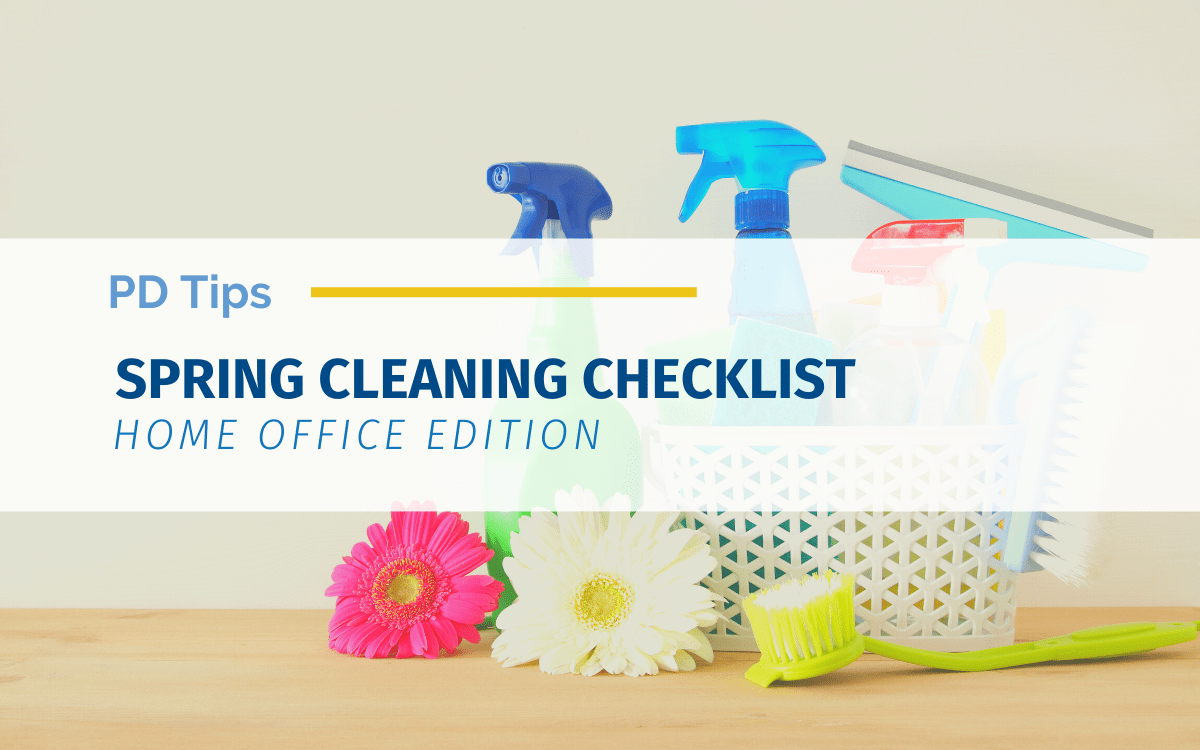Happiness In the Workplace: Part 2

By Julia Alicandri
In Part 1 of this series we talked about the importance of exercising (if you haven’t read it yet, check it out here). Today’s blog focuses on something else most of us don’t get enough of…Sleep! 50 to 70 million U.S. adults are estimated to have some type of sleep disorder, the most common being insomnia. The National Sleep Foundation recommends adults get 7 to 9 hours of sleep a night. However, 40% of us sleep less than the suggested amount. With busy work schedules, family time, and everything else life throws at us, it can be difficult to find the time to sleep enough. But in the pursuit of workplace happiness, sleep is an important factor!
After a good night’s sleep, we are ready for the day because our energy is conserved. Sleep also restores the brain. When we’re awake, neurotransmitters in the brain are expended. Sleep replenishes that supply of neurotransmitters. We all know how important sleep is for functional benefits. Lack of sleep affects your cognitive and motor skills as much as being drunk affects these skills. Sleep also affects our happiness; and it’s more than just being cranky. Sleep deprivation impairs our ability to focus and learn efficiently. At the office, lack of focus leads to a lack of productivity. Personally, I leave the office in a much happier mood when I accomplish all of my work. Sleep-deprived people also fail to recall enjoyable memories, yet remember unfortunate ones. Lack of sleep even increases the probability of depression.
Your circadian rhythm, also known as your body clock, is a critical component of sleeping sounder. This natural internal system regulates your feelings of exhaustion and wakefulness in a 24-hour period. Your circadian rhythm causes your levels of wakefulness to rise and fall throughout the day. Most people have a strong desire to sleep between 1:00pm and 3:00pm (the afternoon crash) and then again between 2:00 am and 4:00 am. This is also where being a morning person versus being a night owl comes into play. Some people function better in the morning and others function best at night. Following your body’s natural cues is the healthiest way to keep your circadian rhythm balanced.
So what can we do to help combat lack of sleep? Here are some healthy sleep tips from the National Sleep Foundation:
- Stick to a sleep schedule. Wake up and go to sleep at the same time every day. This helps your body regulate a sleep pattern, helping you fall asleep and stay asleep each night.
- Practice a comforting bedtime ritual. Your body needs time to shift into sleep mode. When falling asleep, keep bright lights (yes, including your cell phone) away from you. Activities that cause stress, anxiety, and excitement should be avoided during your bedtime ritual.
- Exercise daily. Linking back to Part 1 of this blog, exercising at any time during the day will help you sleep sounder. Just as long as it is not at the expense of your sleep schedule.
- Take advantage of bright light. Avoid bright lights in the evening but expose yourself to the sunlight in the morning. This will help manage your circadian rhythms.
- Avoid heavy meals in the evening. Try to avoid eating two to three hours before bedtime. If you are feeling hungry, eat a small snack 45 minutes before bed.
Still having trouble falling asleep? Here are 27 tips to help you fall asleep in 7 minutes or less. Also, be sure to check out this helpful infographic and comprehensive sleeping guide.
So the next time someone says “you can sleep when you’re dead,” make sure to let them know how important sleep is for our health and happiness! And be on the lookout for Happiness in the Workplace: Part 3 – “Spending time with friends and family.”
Read More From Planet Depos

Remote Deposition Features Attorneys Need to Know
Remote depositions have some helpful features available you may not know, but should! Dive into remote deposition features in this blog.
Read Now View Full Post
Administrative Professionals Day- An Opportunity to Say Thanks
Administrative professionals work hard and keep the office (remote, too!) going. Say thank you on April 27 with one of these gestures.
Read Now View Full Post
Protecting your Law Firm against Ransomware Attacks
Ransomware attacks against law firms have been increasing. Learn how to protect your firm and your clients information in this climate.
Read Now View Full Post
Spring Cleaning Checklist- Office Edition
Organization is vital to the legal professional. Leap into spring with a quick office clean-up to boost productivity and lift your mood.
Read Now View Full PostSchedule a Proceeding Today!
Your remote mediation should be simple, and with Planet Depos yours will be. Schedule today and we’ll get you set up with a Zoom room, a PD Technician, and everything you need to get started.
Schedule now